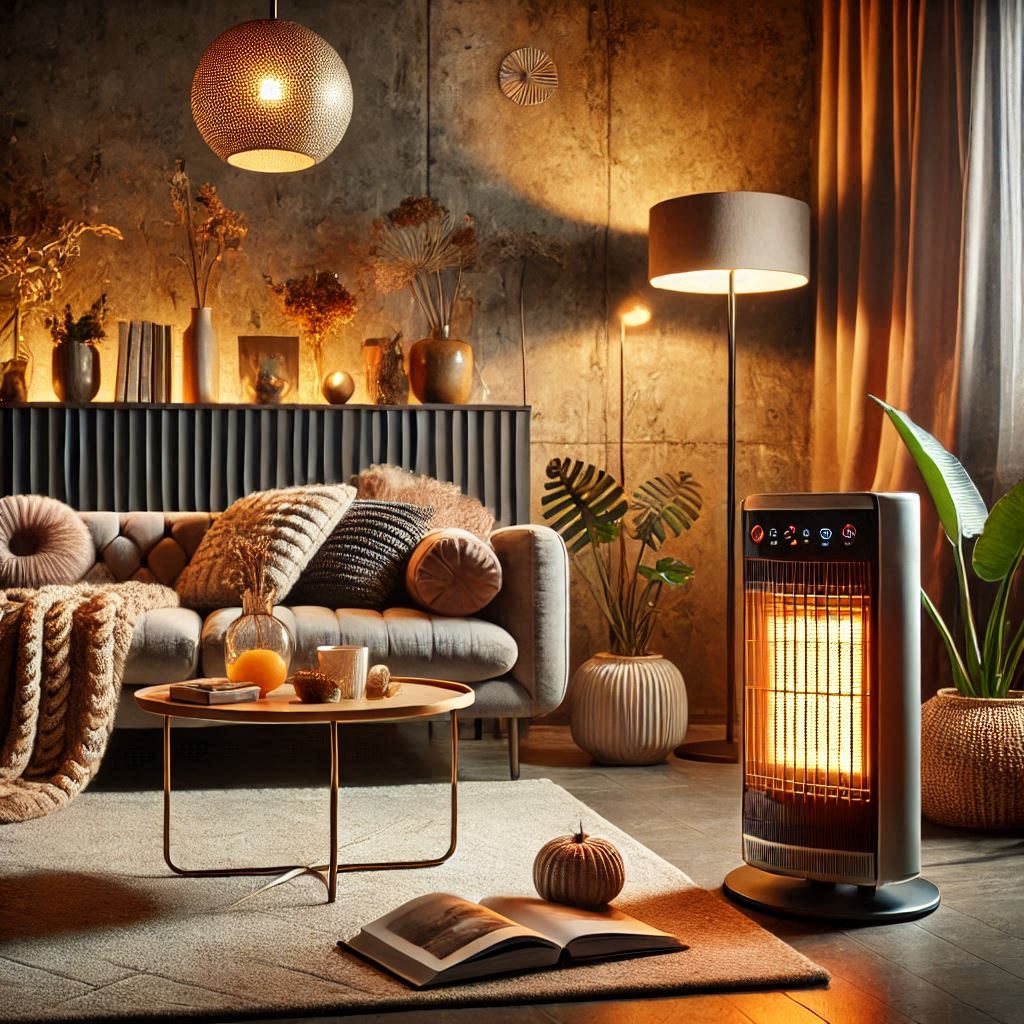If you’re shopping for baseboard heaters, you’ve probably come across Dimplex and Cadet, two of the most popular brands in the market. Both offer reliable heating solutions, but they cater to slightly different needs.
In this guide, we’ll break down everything you need to know—features, costs, energy efficiency, safety, and even real-life customer experiences. By the end, you’ll know exactly which heater fits your space and budget.
What Are Baseboard Heaters?
Baseboard heaters are electric heating units that sit at the base of your wall and use convection to heat the room. They’re perfect for smaller spaces, supplemental heating, or zonal heating (where you heat only certain areas).
Here’s why people love them:
- Quiet operation
- Easy to install
- Low maintenance
- Affordable upfront cost
Now let’s dive into how Dimplex and Cadet compare.
Dimplex vs. Cadet: Quick Overview
Dimplex
- Modern, energy-efficient designs
- Premium features like Wi-Fi and programmable thermostats
- Aesthetic appeal with slim, stylish units
Cadet
- Affordable and straightforward
- Durable heaters that are great for basic heating needs
- Perfect for small spaces or budget-conscious buyers
Feature Comparison: Side by Side
| Feature | Dimplex | Cadet |
|---|---|---|
| Heat Output | Up to 2500W, heats larger rooms | Up to 2000W, ideal for smaller spaces |
| Energy Efficiency | Advanced tech reduces energy waste | Basic but effective heating |
| Design | Sleek and modern | Simple and traditional |
| Smart Features | Wi-Fi control, programmable thermostats | Basic thermostats only |
| Noise Levels | Silent | Silent |
| Warranty | 5 years | 1-3 years |
| Price Range | $120–$300 | $60–$200 |
Energy Efficiency and Cost
Dimplex Energy Efficiency
Dimplex heaters use a unique technology called Linear Proportional Convection, which heats rooms more evenly and adjusts automatically to save energy. This means you get consistent warmth without overpaying on your electricity bill.
Cadet Energy Efficiency
Cadet heaters rely on standard convection heating, which works well but doesn’t optimize energy use in larger spaces. They’re best for small rooms or zonal heating.
Running Costs
Let’s talk numbers.
- A typical 1000W baseboard heater running 8 hours/day costs around $1.20 per day (based on $0.15/kWh).
- Over a month, Dimplex can save you 15–20% in electricity costs thanks to its efficient technology.
What Customers Say
Dimplex
- Customers love the sleek design and energy savings.
- Downsides? Higher upfront costs and a slight learning curve for smart features.
Cadet
- Reliable, no-frills heating at a budget-friendly price.
- Complaints? Some users report uneven heating in larger rooms and shorter lifespans compared to Dimplex.
Safety and Maintenance
Both brands offer important safety features like overheat protection and cool-to-touch exteriors.
- Dimplex adds extras like child locks and advanced thermal cutoffs, making it great for families.
- Cadet keeps things simple but durable, with designs that require minimal upkeep.
How Do Prices Compare?
Dimplex heaters are more expensive than Cadet, but you’re paying for advanced features and modern design.
| Model | Dimplex Price | Cadet Price |
|---|---|---|
| 1000W Baseboard Heater | $150 | $80 |
| 1500W Baseboard Heater | $200 | $120 |
| Smart Thermostat Model | $300 | Not Available |
Real-Life Scenarios: Which One Should You Choose?
1. Small Apartment or Office
- Go with Cadet.
- It’s affordable and heats small spaces perfectly without overcomplicating things.
2. Energy-Conscious Homeowner
- Choose Dimplex.
- If you want to save on your power bill and don’t mind paying more upfront, Dimplex will pay off in the long run.
3. Rental Property or Budget Project
- Stick with Cadet.
- They’re easy to replace and cost-effective for landlords or budget projects.
FAQs
Q: Are baseboard heaters expensive to run?
Not necessarily. If you’re heating small spaces or using them for zonal heating, they’re pretty efficient. Dimplex models are better for cutting down costs in larger rooms, while Cadet heaters are perfect for small-scale use.
Q: Which brand is easier to install?
Both are straightforward to install, but Cadet may require professional wiring for certain models.
Q: How long do baseboard heaters last?
Dimplex heaters can last over a decade with proper maintenance, while Cadet models tend to have shorter lifespans of 7–10 years.
The Final Word: Dimplex or Cadet?
Here’s the deal:
- Pick Dimplex if you want energy efficiency, advanced features, and sleek designs.
- Go with Cadet if you’re looking for simple, affordable heating that gets the job done.
Both brands have their strengths—it just comes down to what’s important to you: budget or features.
